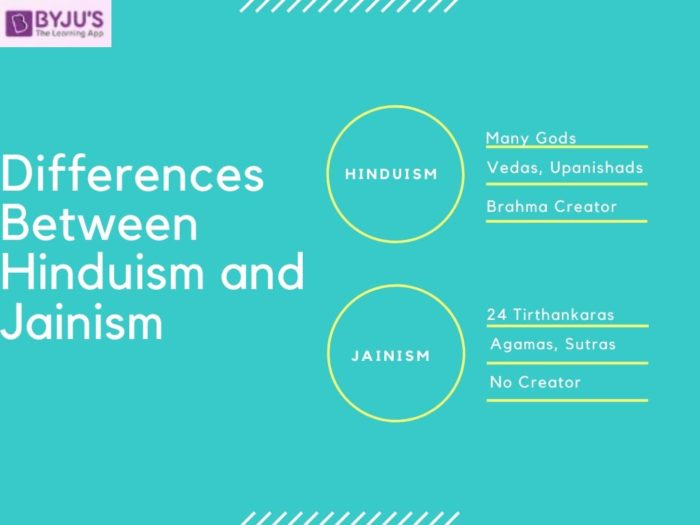Shri Gita Chapter 5: Karma-Sannyasa-Yoga (The Yoga of Renunciation)
1. Arjuna said: O Krishna, first You ask me to renounce work, and then again You recommend work with devotion. Now will You kindly tell me definitely which of the two is more beneficial?
2. The Blessed Lord said: The renunciation of work and work in devotion are both good for liberation. But, of the two, work in devotional service is better than renunciation of work.
3. One who neither hates nor desires the fruits of his activities is known to be always renounced. Such a person, free from all dualities, easily overcomes material bondage and is completely liberated, O mighty-armed Arjuna.
4. Only the ignorant speak of devotional service [karma-yoga] as being different from the analytical study of the material world [sankhya]. Those who are actually learned say that he who applies himself well to one of these paths achieves the results of both.
5. One who knows that the position reached by means of renunciation can also be attained by works in devotion and who, therefore, sees that the path of work and the path of renunciation are one, sees things as they are.
6. Merely renouncing all activities yet not engaging in devotional service cannot make one happy. But a thoughtful person engaged in devotional service can achieve the Supreme without delay.
7. One who works in devotion, who is a pure soul, and who controls his mind and senses is dear to everyone, and everyone is dear to him. Though always working, such a man is never entangled.
8-9. A person in the divine consciousness, although engaged in seeing, hearing, touching, smelling, eating, moving about, sleeping, and breathing, always knows within himself that he actually does nothing at all. Because while speaking, evacuating, receiving, opening or closing his eyes, he always knows that only the material senses are engaged with their objects and that he is aloof from them.
The Wise and Their Equanimity
10. One who performs his duty without attachment, surrendering the results unto the Supreme Lord, is unaffected by sinful action, as the lotus leaf is untouched by water.
11. The yogis, abandoning attachment, act with body, mind, intelligence, and even with the senses, only for the purpose of purification.
12. The steadily devoted soul attains unadulterated peace because he offers the result of all activities to Me, whereas a person who is not in union with the Divine, who is greedy for the fruits of his labor, becomes entangled.
13. When the embodied living being controls his nature and mentally renounces all actions, he resides happily in the city of nine gates [the material body], neither working nor causing work to be done.
14. The embodied spirit, master of the city of his body, does not create activities, nor does he induce people to act, nor does he create the fruits of action. All this is enacted by the modes of material nature.
15. Nor does the Supreme Lord assume anyone’s sinful or pious activities. Embodied beings, however, are bewildered because of the ignorance which covers their real knowledge.
16. When, however, one is enlightened with the knowledge by which nescience is destroyed, then his knowledge reveals everything, as the sun lights up everything in the daytime.
17. When one’s intelligence, mind, faith, and refuge are all fixed in the Supreme, then one becomes fully cleansed of misgivings through complete knowledge and thus proceeds straight on the path of liberation.
18. The humble sages, by virtue of true knowledge, see with equal vision a learned and gentle brahmana, a cow, an elephant, a dog, and a dog-eater [outcaste].
The Nature of True Peace
19. Those whose minds are established in sameness and equanimity have already conquered the conditions of birth and death. They are flawless like Brahman, and thus they are already situated in Brahman.
20. A person who neither rejoices upon achieving something pleasant nor laments upon obtaining something unpleasant, who is self-intelligent, who is unbewildered, and who knows the science of God, is already situated in transcendence.
21. Such a liberated person is not attracted to material sense pleasure but is always in trance, enjoying the pleasure within. In this way, the self-realized person enjoys unlimited happiness, for he concentrates on the Supreme.
22. An intelligent person does not take part in the sources of misery, which are due to contact with the material senses. O son of Kunti, such pleasures have a beginning and an end, and so the wise man does not delight in them.
23. Before giving up this present body, if one is able to tolerate the urges of the material senses and check the force of desire and anger, he is well situated and is happy in this world.
24. One whose happiness is within, who is active and rejoices within, and whose aim is inward is actually the perfect mystic. He is liberated in the Supreme, and ultimately he attains the Supreme.
25. Those who are beyond the dualities that arise from doubts, whose minds are engaged within, who are always busy working for the welfare of all living beings, and who are free from all sins achieve liberation in the Supreme.
26. Those who are free from anger and all material desires, who are self-realized, self-disciplined, and constantly endeavoring for perfection, are assured of liberation in the Supreme in the very near future.
Renunciation and Attainment of Brahman
27-28. Shutting out all external sense objects, keeping the eyes and vision concentrated between the two eyebrows, suspending the inward and outward breaths within the nostrils—thus controlling the mind, senses, and intelligence, the transcendentalist aiming at liberation becomes free from desire, fear, and anger. One who is always in this state is certainly liberated.
29. A person in full consciousness of Me, knowing Me to be the ultimate beneficiary of all sacrifices and austerities, the Supreme Lord of all planets and demigods, and the benefactor and well-wisher of all living entities, attains peace from the pangs of material miseries.


